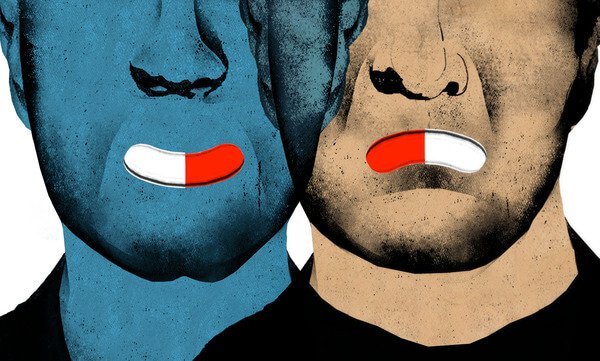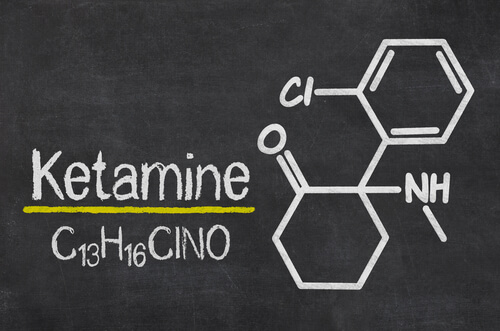Ketamine: An Illegal Drug With a Future as an Antidepressant


Written and verified by the psychologist Gema Sánchez Cuevas
In 2006 psychiatrists started to realize it also has a powerful antidepressant effect. But the main problem is that it has clearly dangerous side effects.
If you look into antidepressants, you’ll notice that Prozac and its generic version, fluoxetine, have been replaced by other medications more specific to depression.
Keeping good control over how people use those drugs has made them more powerful, reduced their side effects, and made them more targeted.
For example, there are third-generation antidepressants like venlafaxine that work very well for depression mixed with general anxiety. It makes the patient feel more willing to do activities, because it gives them energy, and they get that energy out by moving around.
Still, 1 in 3 people with severe depression doesn’t respond to those doctor-approved treatments. In fact, in 75% of cases, there’s a relapse. With this kind of outlook, isn’t it worth looking at other options?
Depression in the modern world
Although they like to keep it quiet, even the most famous actors, musicians, and the Silicon Valley elite can’t escape depression. Even Andrés Iniesta mentions it in his autobiography, as does Bruce Springsteen. Not so long from now depression will be the leading cause of disability.

The problem is that even today with all these advances, we still don’t have multidisciplinary treatments or interventions that are always effective. That’s why we need to spend more time researching and exploring new possibilities.
In our world today, stress solidifies into sadness, and increasing numbers of people are feeling disconnected from the world. However, people have been talking about depression ever since the time of Hippocrates. And there have been many interpretations of it throughout the years.
Severe depression and PTSD
On top of symptoms like changes in sleep and appetite, apathy, sadness, and irritability, people with severe depression and PTSD often feel out of control and disconnected from reality.
That leads to desperation. It doesn’t matter if there’s something causing it or not; a person’s depression can yank them out of the world.
Selective serotonin uptake inhibitors (like Prozac) and cognitive-behavioral therapies seem like the best way to get depressed people to a better place. The specific part that is best for most people is “behavioral activation.”

Medication seems to only improve symptoms for very severe, atypical, or vegetative depression. Drug treatment by itself doesn’t really show any psychological advantages by in the long term, actually.
So it doesn’t seem like a very attractive option, and even less when you consider all the side effects. But there are still times when it works, even if we don’t know exactly why.
The dissociative effect sets ketamine apart from fluoxetine
Like we said earlier, the most common antidepressants are selective serotonin uptake inhibitors that work in your presynaptic neurons, which makes them more present in your brain.
In a way, it helps the pleasure stay around longer. It artificially activates the “happiness” mechanism in your brain by stimulating the main neurotransmitter related to it.
But not all cases of severe depression see any meaningful improvement with these drugs. A lot of times, their effects actually keep people from starting psychological therapy. So what role can ketamine play in all this?
Ketamine cannot be administered without strict medical control. There’s actually some quite surprising research going on using the right controls.
The revolutionary part of it all is that they’re trying to pick out the molecule that has positive, strong, and quick-acting effects. The idea is to then get rid of the part causing most of the side effects.

If you compare it to other antidepressants, ketamine stands out for how fast it works and how strongly. But this synthetic compound also has very quick-acting hallucinatory and dissociative effects.
A separate reality
When a person feels like they can face the world again under the influence of ketamine, it might be because they can now see a separate reality.
It seems like this hallucinatory experience activates the person’s senses so much that they can feel more of everything. Therefore, their unpleasant memories have no place in this “new reality.”
Maybe reality and the stigmas we create in it are what really make people sick. Maybe that’s what knocks down our emotional defenses and gives us that tunnel vision where all we see are closed doors.
No matter how you look at it, the fact is that depression is becoming a bigger challenge every day. Could ketamine be part of the solution?
This text is provided for informational purposes only and does not replace consultation with a professional. If in doubt, consult your specialist.








